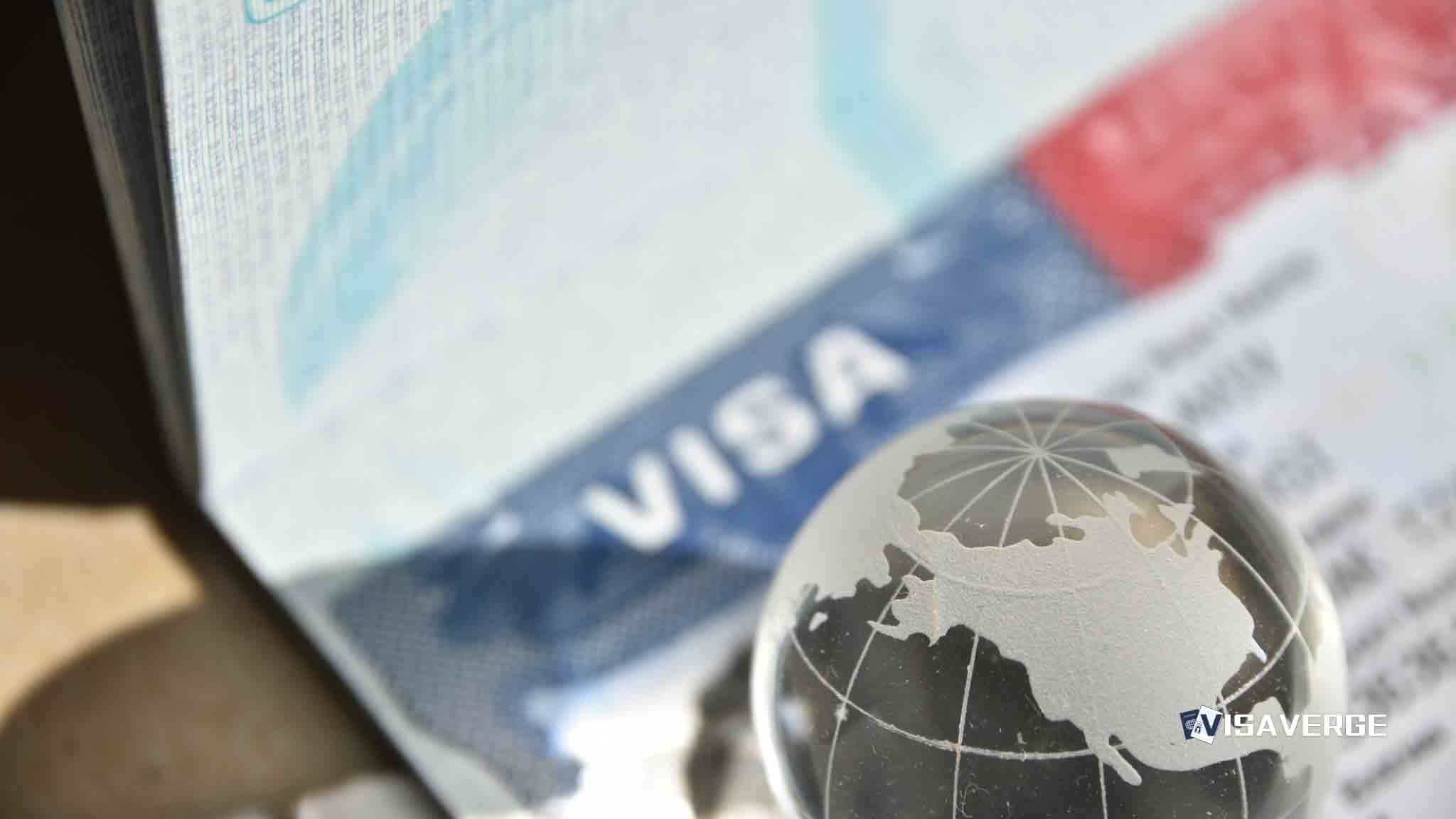Understanding J-1 Visas: An Overview
The J-1 Visa program is a non-immigrant visa category in the United States designed for individuals approved to participate in work-and study-based exchange visitor programs. Participants have the opportunity to experience American society and culture and engage with Americans. There are several types of J-1 Visas, each corresponding to a particular program or objective.
Common Types of J-1 Visas and Their Participants
1. Au Pair and EduCare
This category is for individuals who provide child care services in American homes for up to two years while also taking part in post-secondary educational courses.
2. Camp Counselor
Young adults and youth leaders can engage in this cultural exchange program at U.S. summer camps, gaining valuable experience and skills.
3. College and University Student
This allows students to study at a U.S. post-secondary accredited academic institution, often including a component of practical training related to their academic program.
4. Secondary School Student
High school students can enroll for a semester or an academic year at an accredited public or private high school while living with an American host family or at an accredited boarding school.

5. Government Visitor
Representatives of foreign governments or international organizations can visit the U.S. to engage with their American counterparts on common international concerns.
6. Intern
Students enrolled in post-secondary academic institutions or recent graduates can participate in structured and guided work-based internships in their academic field.
7. International Visitor
People selected by the U.S. Department of State for consultation, observation, research, training, or demonstration of special skills participate in this category.
8. Physician
Graduates of foreign medical schools can come to the U.S. for education and training at accredited U.S. schools of medicine or scientific institutions.
9. Professor and Research Scholar
Scholars and professors can conduct research, teach, and exchange ideas at research institutions, museums, libraries, post-secondary accredited academic institutions, or similar types of institutions.
10. Short-Term Scholar
For professors, scholars, or other professionals, this category allows for a short-term visit to lecture, observe, consult, train, or demonstrate special skills.
11. Specialist
Experts in a field of specialized knowledge or skills come to the U.S. to share their expertise with their American colleagues.
12. Summer Work Travel
University and college students are granted the chance to work and travel during their summer vacation.
13. Teacher
Qualified foreign teachers can teach at primary and secondary schools in the U.S. for three years, fostering the exchange of ideas and learning between students.
14. Trainee
This program caters to professionals with a degree, professional certificate, or relevant work experience who are engaged in structured training in their career fields.
15. Work and Travel
This visa is designed for foreign post-secondary students to work and travel in the U.S. during their main annual vacation.
The Path to Obtaining a J-1 Visa
To secure a J-1 Visa, applicants must meet specific eligibility criteria and be sponsored by a private sector or government program. The process involves:
- Application to a sponsoring organization
- Interview with the U.S. Embassy or Consulate
- Completing the DS-2019, “Certificate of Eligibility for Exchange Visitor Status”
Prospective exchange visitors can learn more about the J-1 Visa application process at the official U.S. Department of State’s Bureau of Educational and Cultural Affairs Exchange Visitor Program website or consult the U.S. Visas website for detailed information.
Conclusion
Each J-1 Visa category offers a unique avenue for cultural exchange and development of professional skills. While the application procedures can be complex, the benefits of participating in an exchange program are substantial, providing a valuable international experience and fostering mutual understanding between cultures.
So there you have it, folks! The J-1 Visa program is like a buffet of work and study opportunities in the US. From being an au pair to summer camp counselor to specialized teacher, there’s something for everyone. And if you’re itching for more juicy visa info, head on over to visaverge.com. Trust me, it’s like a tech geek’s dream for all things visas. Happy exploring!
FAQ’s to know:
FAQ 1: Q: What are the common types of J-1 Visas and who are they for? A: The common types of J-1 Visas include Au Pair and EduCare, Camp Counselor, College and University Student, Secondary School Student, Government Visitor, Intern, International Visitor, Physician, Professor and Research Scholar, Short-Term Scholar, Specialist, Summer Work Travel, Teacher, Trainee, and Work and Travel. These visas cater to individuals such as students, professionals, scholars, teachers, and government representatives, offering opportunities for work, study, cultural exchange, and skill development.
FAQ 2: Q: How can I obtain a J-1 Visa? A: To obtain a J-1 Visa, you must meet specific eligibility criteria and be sponsored by a private sector or government program. The process involves applying to a sponsoring organization, participating in an interview with the U.S. Embassy or Consulate, and completing the DS-2019 form, which is the “Certificate of Eligibility for Exchange Visitor Status.” It is important to consult the official U.S. Department of State’s Bureau of Educational and Cultural Affairs Exchange Visitor Program website or the U.S. Visas website for detailed information on the application process.
FAQ 3: Q: What are the benefits of participating in a J-1 Visa exchange program? A: Participating in a J-1 Visa exchange program offers numerous benefits, including the opportunity to experience American society and culture, engage with Americans, and develop professional skills in diverse fields. It fosters mutual understanding between cultures and provides valuable international experiences. Whether you are looking for work opportunities, educational programs, research, teaching, or specialized training, the J-1 Visa program offers a range of avenues for personal and professional growth.
What did you learn? Answer below to know:
- What is the purpose of the J-1 Visa program in the United States? A) To provide permanent residency to foreign individuals B) To allow international students to study in the US C) To facilitate work-and study-based exchange visitor programs D) To promote tourism in the US
- Which J-1 Visa category is specifically designed for students to work and travel during their summer vacation? A) Au Pair and EduCare B) College and University Student C) Summer Work Travel D) Intern
- What is the first step in obtaining a J-1 Visa? A) Completing the DS-2019 form B) Interviewing with the U.S. Embassy or Consulate C) Applying to a sponsoring organization D) Visiting the official U.S. Visas website.








